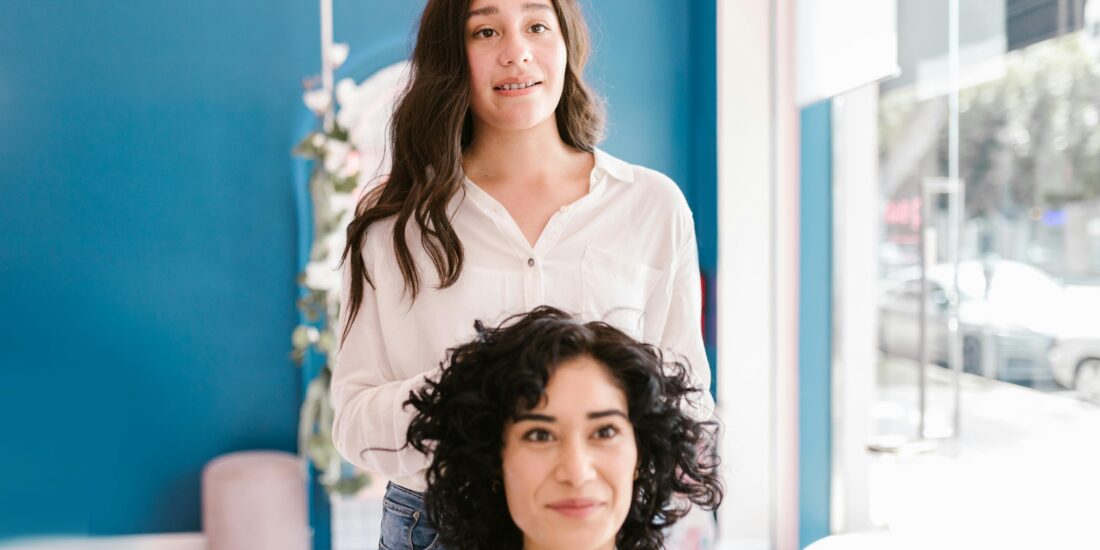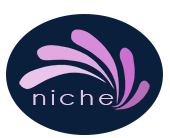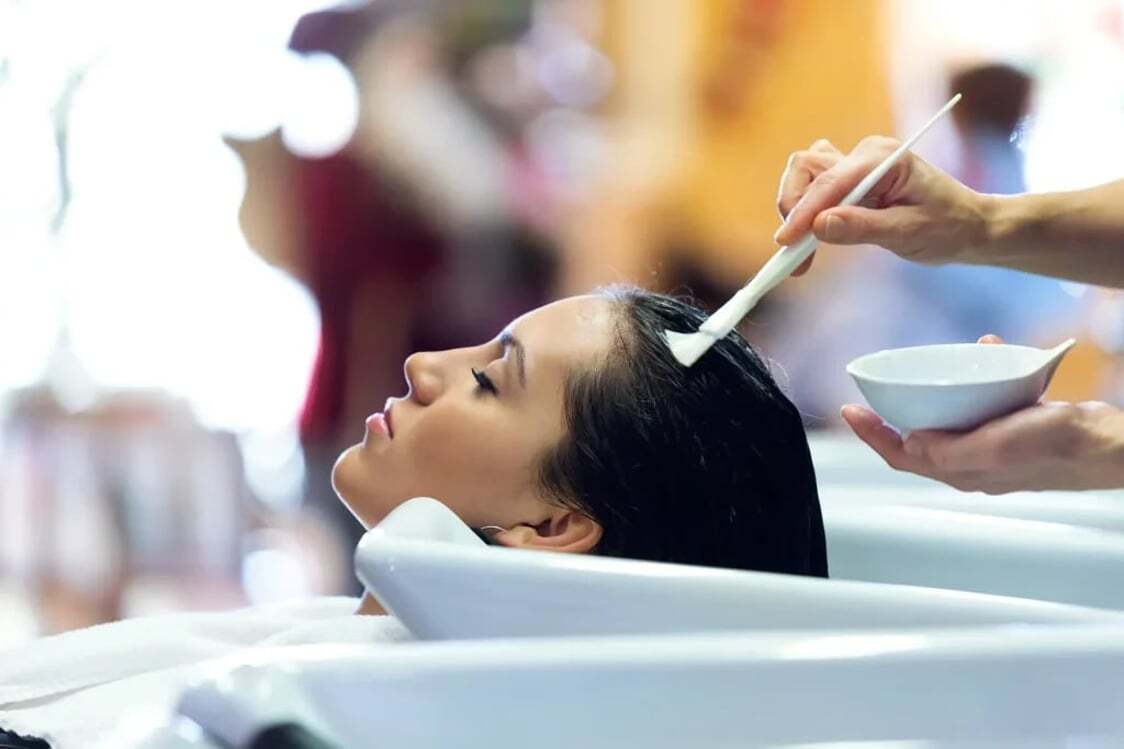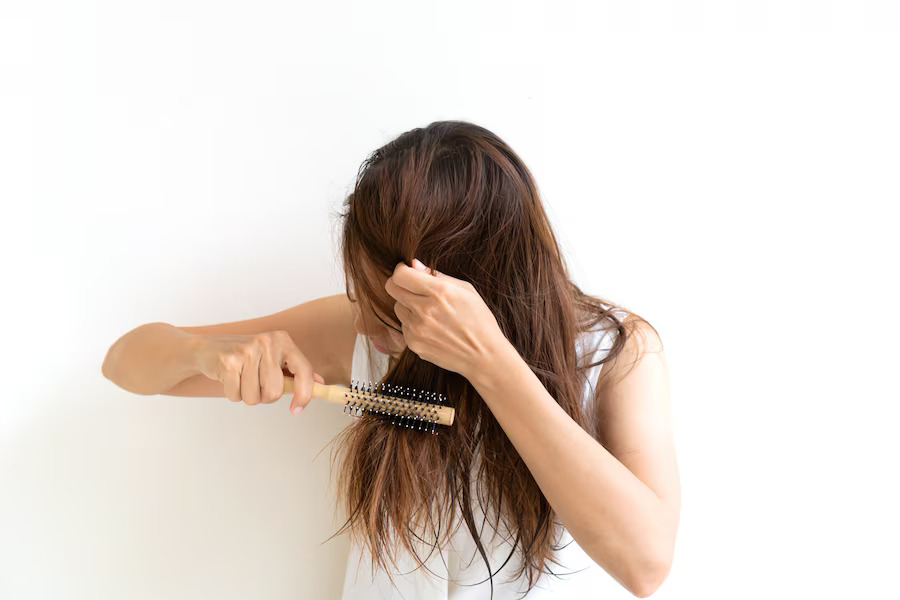
Complete Guide to Preventing Hair Loss: Expert Tips and Understanding Key Causes
Maintaining healthy hair doesn’t have to be a chore. With a few simple tweaks to your routine, you can keep your hair looking thick and vibrant without much effort. Whether you’re facing the challenges of stress-induced hair loss, postpartum shedding, or just want to preserve your hair’s natural strength, these tips will guide you in the right direction. From how you brush to what you eat, this article will help you protect your hair and keep it in top shape. Embrace these easy changes and enjoy healthier, stronger hair that shines with vitality.
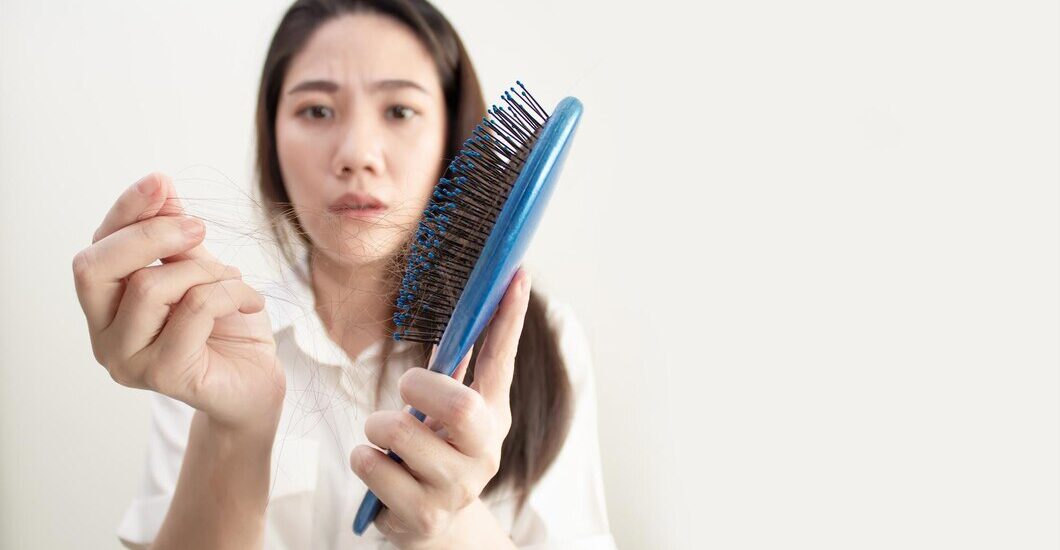
Effortless Hair Care Hacks for Preventing Hair Loss
Give Your Hair a Break
If you’re always sporting tight ponytails or sleek buns, it might be time for a change. Constant pulling can lead to breakage and a receding hairline. Let your hair flow naturally sometimes—it’ll feel less stressed and look so much healthier.
Brush with Love
Think of your hair like a delicate fabric. Rough brushing can cause unnecessary breakage. Choose a soft-bristled brush or wide-toothed comb, and gently work through tangles starting from the ends. It’s like giving your hair a soothing massage.
Go Organic with Color
Loving a fresh hair color? Consider switching to organic dyes. They’re kinder to your hair and avoid harsh chemicals. Plus, balayage highlights can give you a stylish look that grows out naturally, reducing the need for frequent touch-ups.
Wash Less, Love More
Washing your hair too often can strip it of its natural oils, leaving it dry and prone to breakage. Extend the time between washes and use dry shampoo to refresh your look. Your hair will stay healthier and shinier!
Cut Down on Chemicals
Chemical treatments like perms and relaxers can be harsh. Try to limit these and let your hair recover between treatments. It’s like giving your hair a much-needed vacation! We suggest alternating perms or straighteners with keratin smoothing treatments to maintain healthy, shiny hair in the long term.
Heat Protection is Key
Heat tools are great for styling, but they can damage your hair. Always use a heat protectant spray before blow-drying or styling. Think of it as an invisible shield that keeps your hair safe and healthy.
Regular visits to the salon
Regular salon visits offer expert advice, scalp treatments, stress relief, hair care tips, access to premium products, and ongoing monitoring—ensuring your hair stays healthy and gorgeous

Managing Stress and Hair Loss
Understanding Stress-Related Hair Loss
- Telogen Effluvium: Stress can push more of your hair into the shedding phase. It’s like your hair’s way of hitting pause. But don’t worry—once the stress is managed, your hair usually starts growing back.
- Trichotillomania: This is a condition where stress leads to compulsively pulling out hair. It often needs therapy and support to manage.
Strategies to Manage Stress
- Prioritize You: Make sure you’re getting enough sleep, eating well, and staying active. These basics are vital for keeping stress in check and your hair healthy.
- Mindfulness Moments: Try meditation or deep breathing exercises to calm your mind. Techniques like the 4-7-8 breathing method (inhale for 4 seconds, hold for 7, exhale for 8) can quickly soothe your stress levels.
- Organize and Simplify: Break tasks into manageable steps, prioritize what’s important, and don’t be afraid to say no when needed. Managing your time wisely can help reduce stress.

Postpartum Hair Loss: What You Need to Know
Postpartum Hair Loss: What You Need to Know
The Why and When
- Hormonal Rollercoaster: During pregnancy, high estrogen keeps your hair in the growth phase. After childbirth, estrogen drops, and you might notice more hair shedding around 8 weeks postpartum. It’s a normal part of the process.
How Long It Lasts
- Temporary Phase: Postpartum hair loss usually peaks a few months after giving birth and can last 3 to 6 months. Most of the time, it will resolve on its own as your hormones stabilize.
Managing Postpartum Hair Loss
- Nourish and Rest: Focus on a diet rich in protein, iron, and essential vitamins. Try to rest as much as possible, and limit heat styling to keep your hair in its best shape.
- Gentle Care: Avoid tight hairstyles and consider taking supplements like zinc and biotin, but always consult your doctor first.
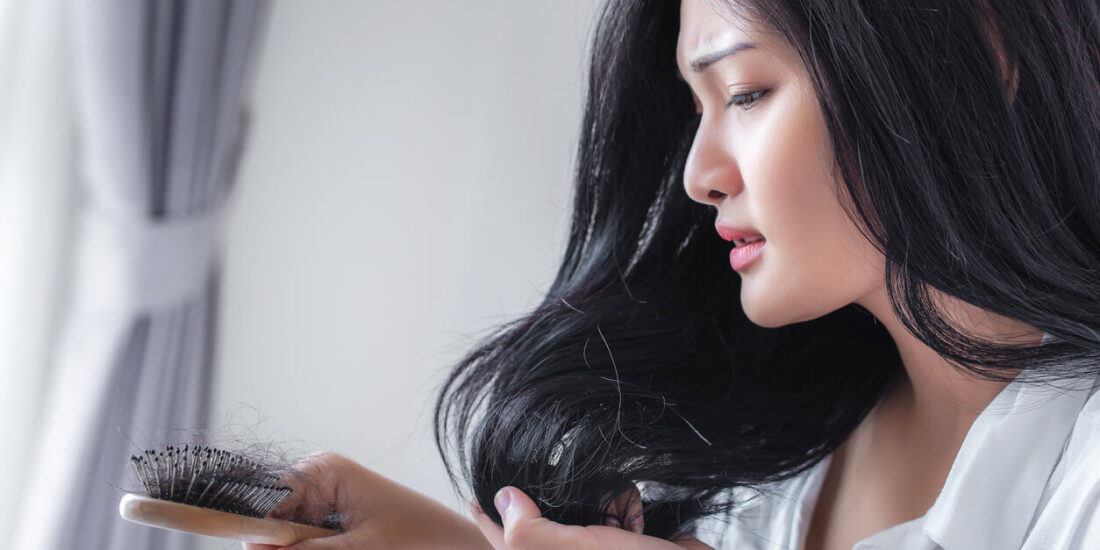
The Ultimate Diet Guide for Healthy Hair
Great hair begins from the inside out. What you eat can strengthen your strands, promote growth, and keep your hair healthy. Nutrients like protein, iron, and vitamins play a key role in supporting strong, shiny hair. Here’s a quick guide to the best foods that will naturally nourish your hair and keep it looking its best.
Protein Power
Hair’s Best Friend: Hair is mostly made of keratin, which is a protein. Ensure your diet includes eggs, lean meats, fish, beans, and nuts to keep your strands strong and healthy.
Iron-Rich Foods
Boost Growth: Iron is crucial for carrying oxygen to your hair follicles. Eat red meat, spinach, lentils, and fortified cereals to keep your iron levels up.
Zinc for Repair
Healing Power: Zinc helps with hair tissue repair and growth. Incorporate oysters, beef, spinach, and pumpkin seeds into your diet to support healthy hair.
Vitamin D for Follicle Health
Sunshine for Hair: Vitamin D helps create and maintain hair follicles. Get it from fatty fish, fortified dairy, or a supplement if needed (consult your doctor first).
Omega-3 Fatty Acids
Nourish from Within: Omega-3s reduce inflammation and nourish hair follicles. Enjoy fatty fish, flaxseeds, chia seeds, and walnuts for a healthy scalp.
Biotin Boost
Strengthen Your Strands: Biotin supports hair health and thickness. Add eggs, almonds, sweet potatoes, and avocados to your diet for a biotin boost.
Vitamin E for Protection
Antioxidant Armor: Vitamin E protects your hair and scalp from damage. Snack on nuts, seeds, spinach, and avocados to keep your hair healthy.
Vitamin C for Absorption
Iron’s Best Companion: Vitamin C enhances iron absorption and supports collagen production. Enjoy citrus fruits, strawberries, bell peppers, and broccoli to boost your intake.
Vitamin A for a Healthy Scalp
Moisturize Naturally: Vitamin A helps keep your scalp’s sebum production in balance. Eat sweet potatoes, carrots, kale, and apricots for a well-moisturized scalp.
Hydration is Key
Drink Up: Proper hydration is essential for healthy hair. Drink plenty of water and include hydrating fruits and veggies in your diet.
Additional Tips
Avoid Crash Diets: Extreme dieting can lead to hair shedding. Stick to a balanced, nutritious diet for the best results.
Limit Processed Foods: High sugar and unhealthy fats can negatively impact your hair health. Opt for whole, nutrient-rich foods instead.
Consider Supplements: If your diet isn’t covering all your bases, supplements can help. Just be sure to check with your healthcare provider before starting any new ones.
By weaving these tips into your routine, you can keep your hair looking and feeling its best, every day!
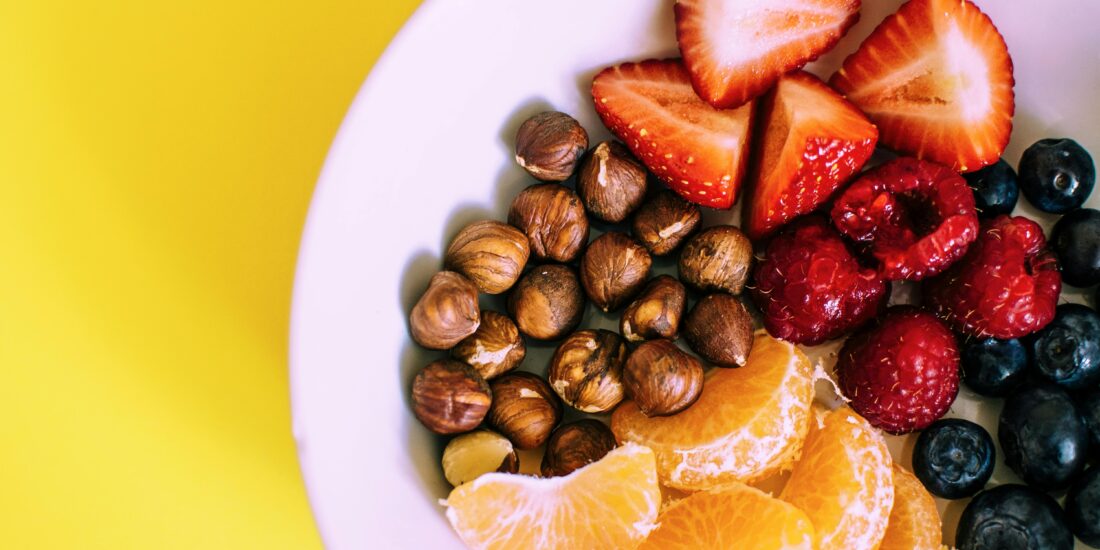
the benefits of Regular Salon Visits
Professional Insights
Personalized Tips: Your stylist isn’t just there to cut your hair—they can offer valuable advice and spot any early signs of hair loss. It’s like having a hair health partner.
Scalp TLC
Pamper Your Scalp: Many salons offer treatments that boost blood circulation and detoxify your scalp. Think of it as a spa day for your scalp, promoting healthier hair growth. Indulge in our Kerastase scalp treatment serum to relax and detoxify your scalp from Bangkok pollution.
Stress-Relief Benefits
Relax and Recharge: A trip to the salon isn’t just about the hair. It’s also a chance to unwind and de-stress. This relaxation can be surprisingly beneficial for your hair health.
Hair Care 101
Learn and Grow: Stylists can teach you how to care for your hair properly. From washing techniques to avoiding damage, their tips can help you maintain gorgeous locks.
Access to Top-Notch Products
Exclusive Finds: Salons often carry high-quality products that can be more effective at preventing hair loss than over-the-counter options. At Niche Salon you can opt between hair products from Shwarzkopf professional or Organic Davines.
Ongoing Monitoring
Keep an Eye: Regular salon visits help track changes in your hair’s condition. Early detection means you can address issues before they become bigger problems.
